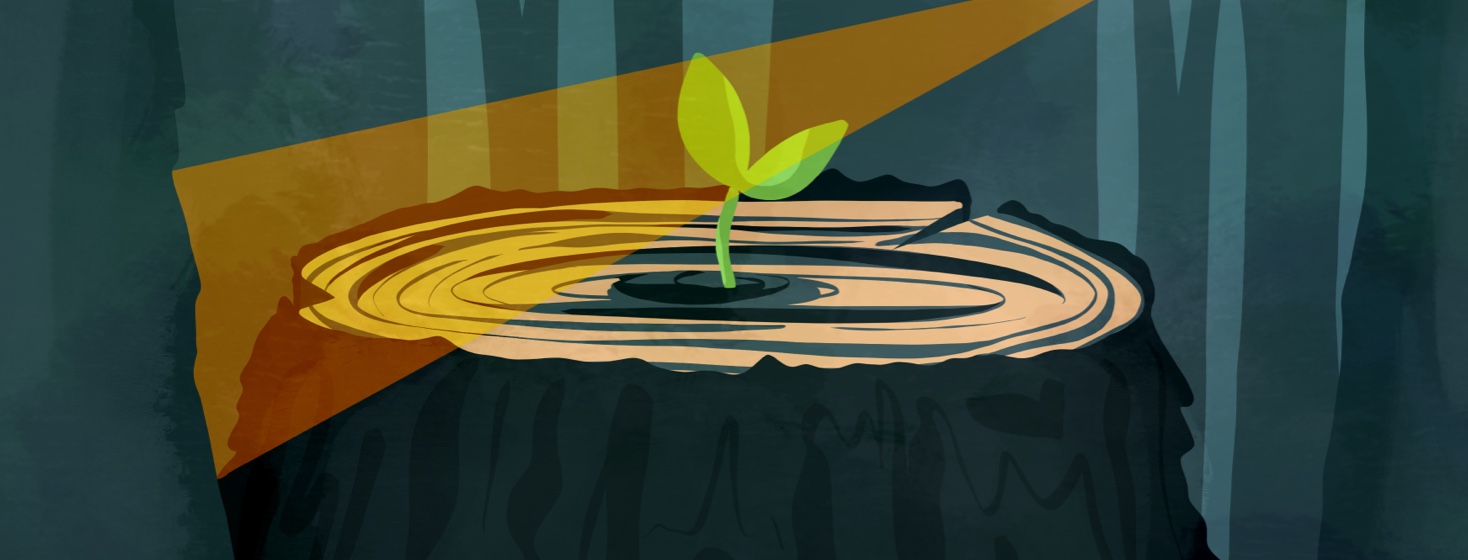Tough Love Broke Me, But Love Helped Me Heal
You can’t bully a person living with opioid use disorder into choosing recovery. In my case, certain family members went the “tough love” route. This wasn’t effective because nobody could treat me worse than I was already treating myself.
Bullying, even out of love, or trying to force somebody to change doesn’t have the impact that people may think.
Being on the other side of my opioid nightmare for the last 7 years, I have gained perspectives that I didn’t have while I was in active addiction. This is especially true regarding what I put my
Is tough love the answer to opioid addiction?
In the online recovery community, some will push the narrative that, “if you baby the addict, you’ll bury the addict.” Mothers have told me they were advised to completely cut their addicted children out of their life. People told them to not allow them in their home, to not feed them or help them in any way.
They shared how unnatural that feels for them. Understandably, these mothers don’t want to enable their
Expressing love isn't enabling
As a mother with a history of substance abuse, that method does not align with my beliefs. I promote that they can protect themselves, their finances, and their homes from the behaviors often associated with having an addicted family member, whilst simultaneously expressing their love to them.
Again, you cannot bully somebody into choosing sobriety, but you can still express love to them while they’re journeying through the obstacle course of opioid use disorder. That isn’t enabling.
Addiction is complex, and what works for one case may not work for another. It is important to consider what your gut, heart, and mind are telling you. It may be different than what the internet suggests.
Featured Forum
View all responsesTough love made me feel worse
For example, I have two very important women in my life that treated me differently during my years in active addiction: my mother and my grandmother.
My mother was hard on me. She couldn’t comprehend how I lost control to the point of losing primary custody of my daughter. She told me that she believed that “tough love” was the only way based on the severity of my opioid use disorder.
For years, she constantly reminded me of who I had become, as if I was unaware. I understand now that her feelings were primarily rooted in being a protective grandparent for my daughter, but her continually expressing her disappointment in me only fueled my own disappointments in myself. I allowed this to become a reason that perpetuated my continued opiate use.
Love helped me believe in myself
My grandma has always shown up for me differently than others. I can say with confidence that she has never let who I was, at any time in my life, deter her from letting me know that she loved me.
She never weaponized my opioid use disorder against me, and she didn’t have to. She knew I was aware of what I had reduced myself to. She had feelings about my condition, of course. But she didn’t share those things with me, then.
What she shared with me was her hopes and her belief that I could do anything I set my mind to. Maybe it sounds cliche, but in the darkest times of my existence, her words and support, while coming from afar, were still extraordinarily meaningful.
Today, I have a great bond with both women, despite their different approaches back then. I realize now that it was all rooted in love, in their own way.
Tough love won't solve opioid use disorder
Ultimately, what I am saying is that you can love somebody while they aren’t loving themselves, and you don’t have to put yourself, your home, or your wallet into distress to do so.
Your loved one could be living on the street, living a life that is unfathomable to you, but you can still express your love to them. It just might be the only love they receive that day.
In my experience, I've developed this mindset about it. You can’t bully someone into choosing sobriety, but you can show them love while they’re bullying themselves navigating their way to sobriety. Just something to ponder.
This or That
Did "tough love" work on you?


Join the conversation